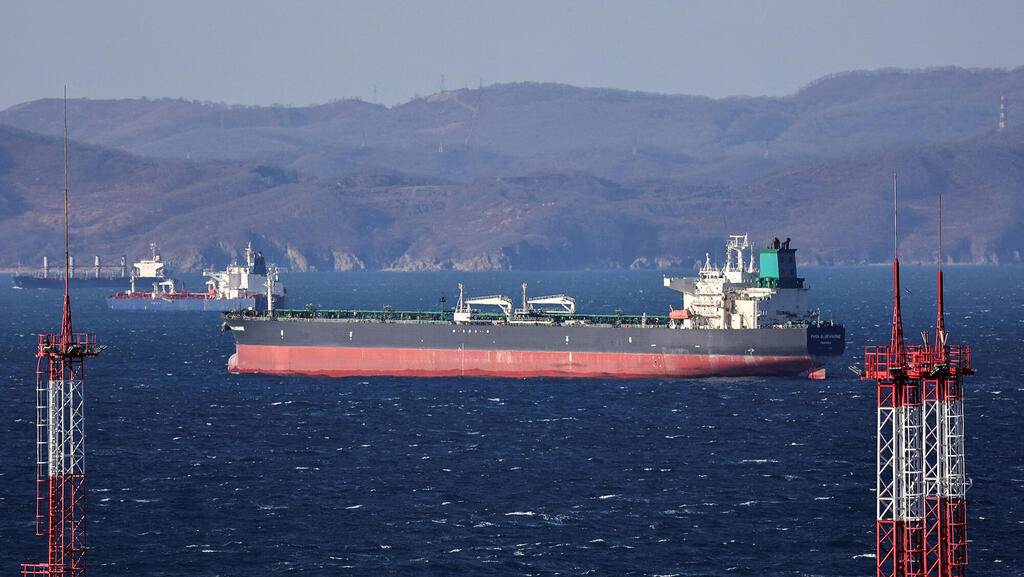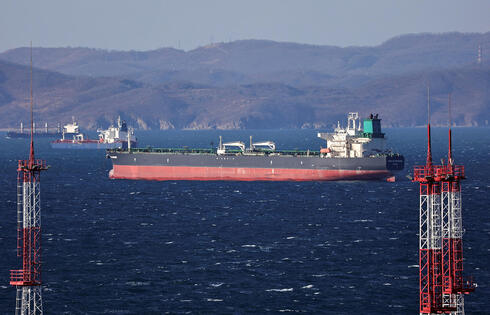
Inside the “shadow fleet” that financed Iranian terror cells worldwide
Court papers reveal the route and finances behind tanker seizures.
The war with Iran raises concerns that the Revolutionary Guards may attempt to activate the global Islamic terror cells they established and funded through the Quds Force. These groups, such as Hezbollah in Lebanon and others in Syria, have received funding, ammunition, professional guidance, and training from Iran over recent years to target Israel. While they have sustained significant military setbacks from IDF operations, they have not been entirely eliminated.
The operational capabilities of these terrorist organizations hinge on whether Iran can continue supplying them funds amid Israeli strikes and sanctions.
One major revenue source has been smuggling Iranian crude oil, selling it, and using the proceeds to support terrorist activities. Iran also sells oil openly to countries outside the sanctions regime, such as China. These sales brought in approximately $67 billion last year.
Investigative documents and correspondence obtained by Calcalist from the National Headquarters for Combating Terrorism Economy (MATAL) at the Ministry of Defense were central to a recent seizure order against an oil tanker worth tens of millions, owned by an Indian businessman. The documents reveal a complex oil-smuggling network used to finance the Quds Force’s proxies, a network that the ministry now aims to disrupt financially.
Since 2018, the IDF has led economic operations against Iran-backed terrorist organizations, succeeding the Mossad's Harpoon unit. Utilizing intelligence information to identify assets and funding sources, the IDF shares this data with governments and financial institutions globally, enabling asset freezes.
Based on IDF intelligence, the Minister of Defense issues administrative seizure orders. As of early 2024, such operations had frozen approximately 3.7 billion shekels of terrorist-linked assets.
In August 2024, former Defense Minister Yoav Galant signed seizure orders for 18 private oil tankers that reportedly smuggled Iranian crude to support the Quds Force. One such tanker is owned by Fuga, a Marshall Islands-registered company owned by an Indian businessman. Fuga filed a petition in Tel Aviv District Court claiming the seizing order could cause significant financial losses.
Related articles:
The tanker in question, Fuga Bluemarine, is a South Korea-built vessel measuring 248 m by 43 m, carrying up to 60,000 tons of oil under the Panamanian flag. According to global ship tracking services, it is anchored off Malaysia and primarily transports Russian crude from Russia to China and India.
In a March letter from the head of MATAL to Fuga’s lawyers, he cited "solid and reliable intelligence" that, in January 2022, the tanker moved 57,000 tons of crude from Sohar in Oman to Kuala Linggi in Malaysia. At $68 per ton, that shipment was worth about $3.8 million and allegedly benefited the Quds Force and Hezbollah.
The documents suggest the contract may have involved ship-to-ship transfer, but they offer no confirmation of the recipient in Malaysia.
The documents don't clarify how Iranian oil reached Oman, but after the 2016 lifting of sanctions, Oman - sharing a maritime border with Iran - expanded its trade. A direct shipping route developed between Sohar and Bandar Abbas, facilitating such oil transfers.
However, questions remain: Why was a tanker typically servicing Europe and Asia present in the Gulf of Oman? Fuga claims it was docked in Oman for routine shipyard maintenance and temporarily chartered to CGN Trade FZE, a UAE-based firm. Although CGN was later sanctioned by the U.S. Treasury in late 2022, Fuga maintains it had no reason to suspect illicit use at the time.
MATAL rejected this defense: "Fuga, as owner and commercial operator of the tanker, is liable under the Anti‑Terrorism Law. Operating under a voyage charter does not absolve them of responsibility. They were required to review and approve charter activity before executing it."

